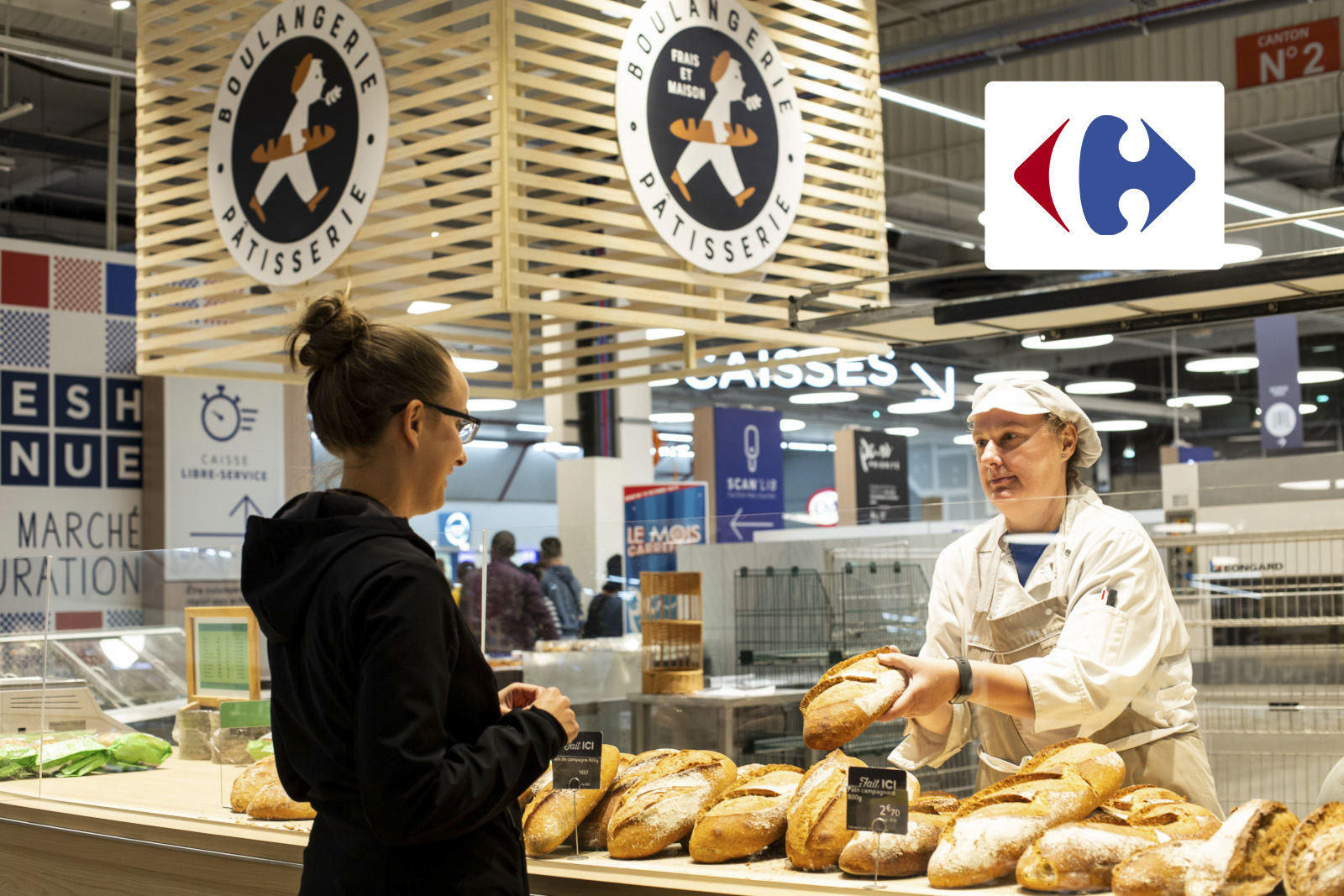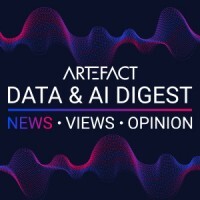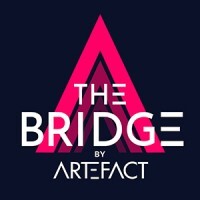Carrefour uses AI and data to improve customer satisfaction by fighting food waste in the bakery-pastry department of its supermarkets in France.
Customer satisfaction and experience are at the heart of the Carrefour group's DNA. Therefore, it’s natural that the data-driven projects of Europe's number one retailer infuse all of their activities to better serve consumers.
Carrefour Group | How to reduce food waste in the Bakery-Pastry department?
Predicting demand as accurately as possible is one of the foundations of the retail business. However, this challenge is becoming more complex as consumer habits evolve. From now on, it is necessary to take into account the combined use of different sales channels (from e-commerce, to local stores, to supermarkets) and the increasing demand for social and environmental responsibility. At the top of the list of CSR issues linked to mass retailing: food waste.
In France, bread is the third most wasted product after fruits and vegetables. Indeed, bread, pastries and cakes are fresh products that have a very limited shelf life. But, they are also items that can generate a lot of frustration among customers when they are out of stock at the end of the day. This is why Carrefour Group, together with Artefact, sought to use machine learning and data science to optimize the prediction of sales in the bakery-pastry department of its supermarkets.
This project meets a double objective: produce enough to meet the demand, while reducing “scrappage”, i.e. the volume of unsold products.
This use case’s success relies, in particular, on the teams involving both the “jobs” concerned (department managers) and the various technical profiles of Artefact and Carrefour Group.
A new algorithm to prevent “scrappage” in the bakery-pastry department
In the retail world, every day is different. Sales are highly dependent on the context: holidays, weather, current promotions, merchandising highlights, etc. To take into account all the variables that have implications on demand, we need to be able to analyze the petabytes of data generated by the billions of transactions carried out every year at Carrefour, to which we need to add external data that influences consumption. These calculations are only possible with Artificial Intelligence.
The Carrefour Group and Artefact teams thus started with data from the sales receipts generated by more than 200 supermarkets in France. Every day, this data is collected, cleaned and enriched with external sources – such as calendar data, for example – to build a sales history over several years. This represents thousands of configurations for a single day, depending on the assortment, product prices, promotions, etc.
This data is used to train supervised machine learning models, built on the basis of decision trees, which determine the relationships between the target variable (future sales) for each product and the explanatory variables (promotion, cannibalization, etc.).
Close collaboration with the “field” teams
From an organizational point of view, the project was led by multidisciplinary teams. Two teams on the Artefact and Carrefour sides combined technical and business profiles. The operational skills of Carrefour’s retail professionals played a crucial role. They were able to explain their business, their needs, and bring their vision, in order to guarantee the success and adoption of the solution “in real life”.
For example, the algorithm’s recommendations were first tested in pilot stores, only on pastries, to get feedback from the field teams. Their comments were used to improve the models, before the solution was deployed across all bakery and pastry products in the supermarkets.
Easy-to-access and interoperable tools
All of Carrefour’s data-driven use cases are fed by a centralized platform in the cloud, which makes the data accessible, formatted and documented. The results of the processing are then fed back into Carrefour’s information systems, shared by a wide range of employees. Several teams, made up of data scientists, data engineers, but also data translators (pivotal profiles, acting as a link between business and data), are likely to consult, transform and process them for specific uses.
Concrete results on the number of discarded products…and on the brand image
A few months after the implementation of this new prediction model, the results are very positive.
In fact, over the last five months of 2021, approximately 100 tons of pastries were saved. At the same time, sales have increased due to fewer shortages at the end of the day.
Finally, the Net Promoter Score, a performance indicator closely monitored by Carrefour, has evolved very positively.
Carrefour Group is multiplying AI use cases to improve customer experience
For the group, future experiments follow the same model: responding to business needs, working jointly with operational teams, to feed the customer experience. This acceleration of Carrefour’s digital transformation was made possible by the creation of complete and expert data teams within the company, and the deployment of data platforms in all countries where the group operates.
The volume and wealth of data collected by Carrefour provides a unique opportunity to explore the major challenges facing the retail sector: omnichannel, e-commerce, anticipation of consumer habits, etc. Carrefour recently unveiled other examples of how data can be used to improve the customer experience: five-minute shopping on Carrefour.fr, the implementation of personalized assortments for local stores, and the personalization of promotions.
“Les Assises de la Data Transformation” Conference with Carrefour Group – 18 January 2022
For captioning in your Native Language, Activate Closed Captioning → go to Settings → Subtitles → Auto-translate → Choose your Language → Enjoy
Speakers:
– Caroline Dassié (Executive Marketing Director, Data and Client Group, Carrefour),
– Arnaud Grojean (Chief Data Officer France, Carrefour),
– Julien Lévy (Arriliate Professor, Academic Directeor of Innovation & Entrepreneurship Center at HEC Paris),
– Stéphane Charveriat (BCG Senior Associate Director).

 CLIENT CASES
CLIENT CASES





